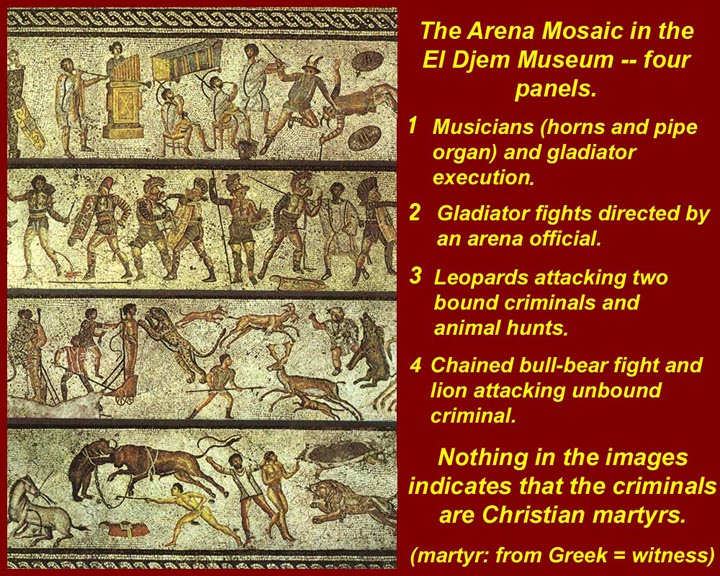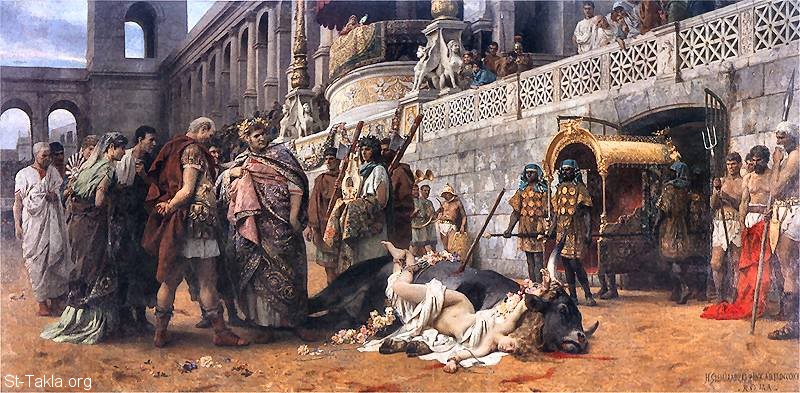

describe and critically assess with nuance and confidence the relation of Christian eschatological beliefs to social and political factors demonstrate detailed knowledge and critical understanding of variety of Christian beliefs about heaven, hell and purgatory and their development through time

He concludes the book with a complete codicological description of all of the known manuscripts and thorough scholarly indices of the text itself. It also includes a newly edited version of the Latin text based on all the extant manuscripts and - rarer still - the Greek text.

Thomas Heffernan's new study contains much that has never been done before, including a prosopography of all the individuals mentioned in the Passion, a new English translation and the first detailed historical commentary in English on the entire narrative of the Passion. This unique and precious text survives in one Greek and in nine Latin manuscript versions. A description of the heroic deaths of both women, and the autobiography of one of the leaders of the Christian community, Saturus, is woven into Perpetua's diary by an anonymous editor, who tells us that, as they died, Perpetua, Felicity, and the other condemned Christians bid farewell with a kiss of peace. Perpetua's steadfastness in her belief led to her martyrdom in the amphitheater. Imprisoned with her was her pregnant slave Felicity. She was well-married and had recently become the mother of a baby son, but despite her advantages, she refused to recant her faith when she was arrested with other recent converts to Christianity. in Carthage, as part of a civic celebration honoring Caesar Geta. Winner of the Modern Language Association Prize for a Scholarly Edition One of the most widely read and studied texts composed in Late Antiquity is the prison diary of Vibia Perpetua, a young woman of the elite classes who was martyred in March of the year 202 or 203 C.E.


 0 kommentar(er)
0 kommentar(er)
